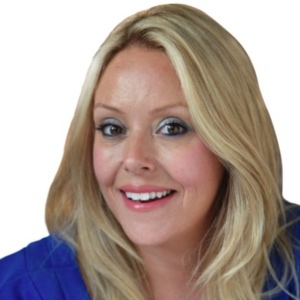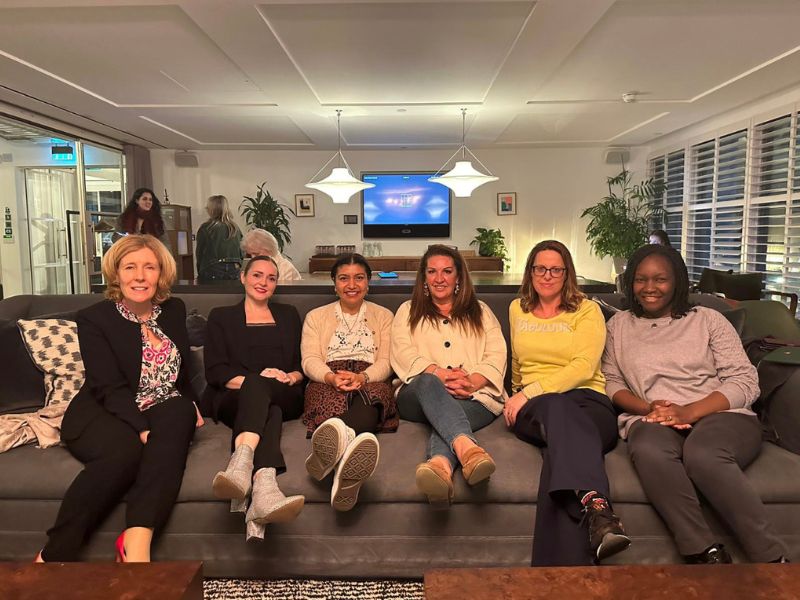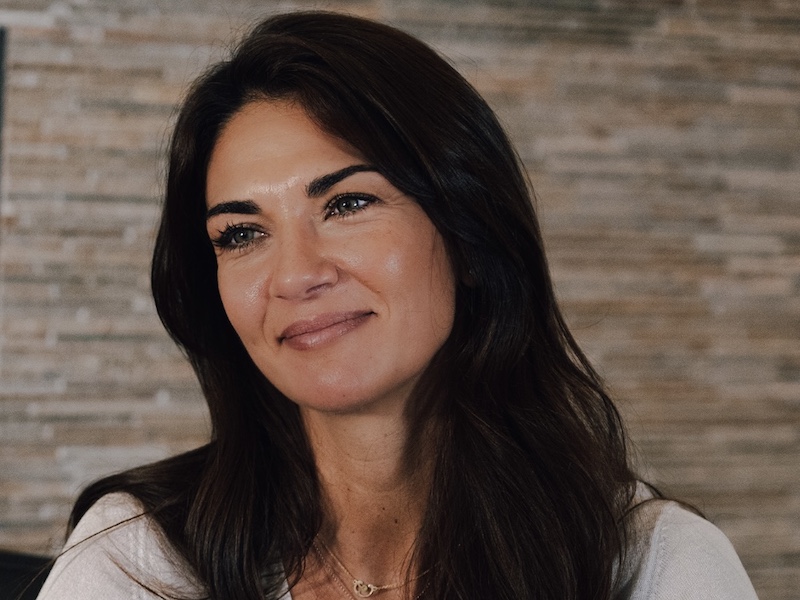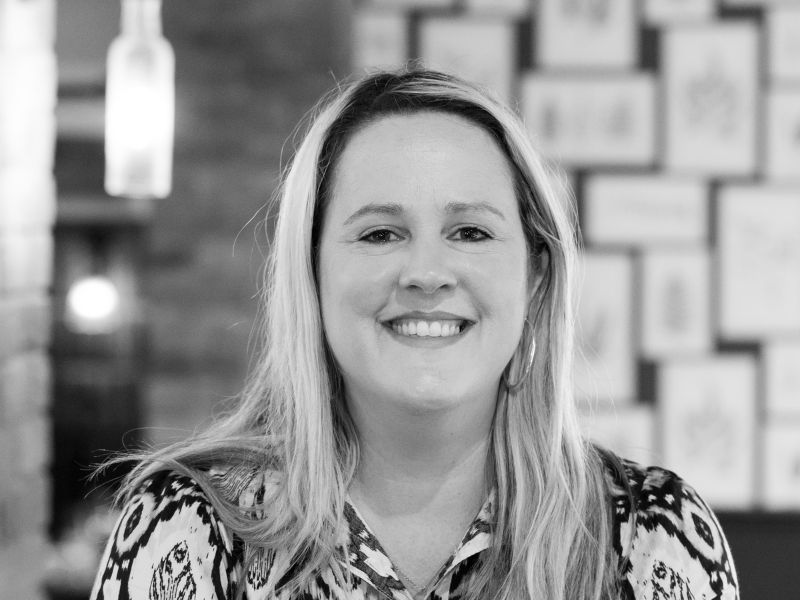 Over the years I have mentored a number of women who aspire to start their own small businesses.
Over the years I have mentored a number of women who aspire to start their own small businesses.
The first thing I encourage everyone to do is take themselves seriously. Many of the women that I have ‘mentored’ were keen to turn a hobby into a small business. This can be an excellent starting point, because if the business idea is a passion already there is a good chance that you are going to enjoy it and be good at it! However, just because you’re good at making pots for example, doesn’t mean you’ll be good at building a business selling them. So where do you start?
In my opinion taking yourself seriously is the foundation of everything. Who is the most important person in your ‘would be’ business? You are, so start by taking yourself seriously and asking yourself some questions. How will I survive on a start-up salary? How much money do I need to earn from this business in year one? How much am I prepared to borrow or risk? If you are not okay then your business won’t be, so put yourself first – not last – and ask yourself what you need from this enterprise financially and what you are able give in terms of commitment. Often this will help show you whether you have something viable and help lay the foundations of what will become the business plan.
Next, I would advise to go and see your bank – and make sure you go early! Most banks offer a huge amount of support for start-ups – from networking events to marketing advice, not to mention the obvious such as securing funding. For women in business there are often mentoring schemes too. Make sure you choose a bank with as much targeted start-up support as possible and go and see them early. Business plans are key to a successful business. Many wannabe business owners fall in love with their idea or product at the expense of concentrating on how the business model will actually work. Without a solid plan, others won’t take you seriously, and you’re not taking yourself seriously. Don’t worry if you haven’t got a clue where to start. Most banks will be able to point you in the right direction. The plan will become the map by which you navigate your start-up journey and will prove invaluable later on.
You need to make sure that people want the product or service that you are offering. The essence of entrepreneurship is identifying a market ‘need’ or trend that is currently under serviced. For example, if there are already ten coffee shops on the high street, opening the 11th might be pretty risky! So do your market research and make sure that you know there is real demand for the product or service that you plan to offer and at the price you think you can offer it.
Take some time to imagine what you want your business to give you. It might be financial, it might be better work/life balance, it might be a sense of giving something back or providing for your family. Imagine what your life will be like in one years’ time, two years’ time and finally three years’ time, if your business succeeds. Create a vision board for yourself illustrating what you are trying to create. When you picture where you want to go, I believe that your subconscious gets to work on making it a reality. Put it somewhere prominent and look at it every day. Visualisation is one of the most powerful tools that I use, and I really believe that it has helped me to accomplish more than I imagined possible when I started.
Like so much in life, building a business is a marathon not a sprint. It is all about lots of small steps that get you to your ultimate destination. The trick is to make sure that you are not side tracked or spending time on things that are not key to your success. A SMART goal is specific, measurable, achievable, realistic and timebound. For example, if you know that networking is key to your success, then set yourself a goal of attending 10 networking events in 90 days and make sure you follow up with at least 30 contacts. That goal is specific, measurable, achievable, realistic and timebound. SMART goals really help you focus on building your business.
Another trap people fall into is trying to do everything themselves. Please don’t do this. Ask for help – friends, family, people you admire. Even if you want to be a sole trader (and there’s nothing wrong with that) businesses are not created in isolation. The network that you build around you could be vital to your success. You need a team of advocates cheering you on and helping to motivate you. Many businesswomen I work with have a team of supporters who advise and help them, but you must put yourself out there and ask for help. Find a mentor, build a network and make sure they keep cheering you on!
However good your product is no one will buy it if they don’t know about it. Whatever you think your business is about, you will need to become sales and marketing savvy. This was one of the hardest lessons I ever learnt. At the beginning of running my agency I thought I was a film-maker, running a company that made promo films. I quickly realised that sales and marketing were crucial to my success, and no one sells your business like you do. If you love what you’re doing, shout about it through any means available to you. If you fear sales and promoting yourself and your business (like I did) then practice, practice, practice until you are brilliant at it. The first time you do anything it can be daunting, but it gets easier I promise.
I am a busy working mum with two kids and a lot on my plate. You cannot have ten top priorities. In my experience you will achieve what you prioritise but if you spread yourself too thin you won’t get anywhere at all. Decide what is important for your business and decide what is important for you. Learn to say no – knowing what to say no to will be as important as the things that you say yes to. Just because we are women, just because we can do it all, doesn’t mean we should do it all.
 About the author
About the author
Rachel Pendered is the Managing Director, founder and co-owner of Media Zoo. Before starting the company, Rachel worked in broadcast television at the BBC and Channel 4. Rachel has grown Media Zoo from a small start up to multi-million-pound creative communications agency employing over 100 staff with offices in London and Glasgow generating creative content in film and learning and managing PR for a substantial blue-chip client base. In 2018 Media Zoo became the British agency to win the Grand Prix at the Cannes Corporate Film Festival.








